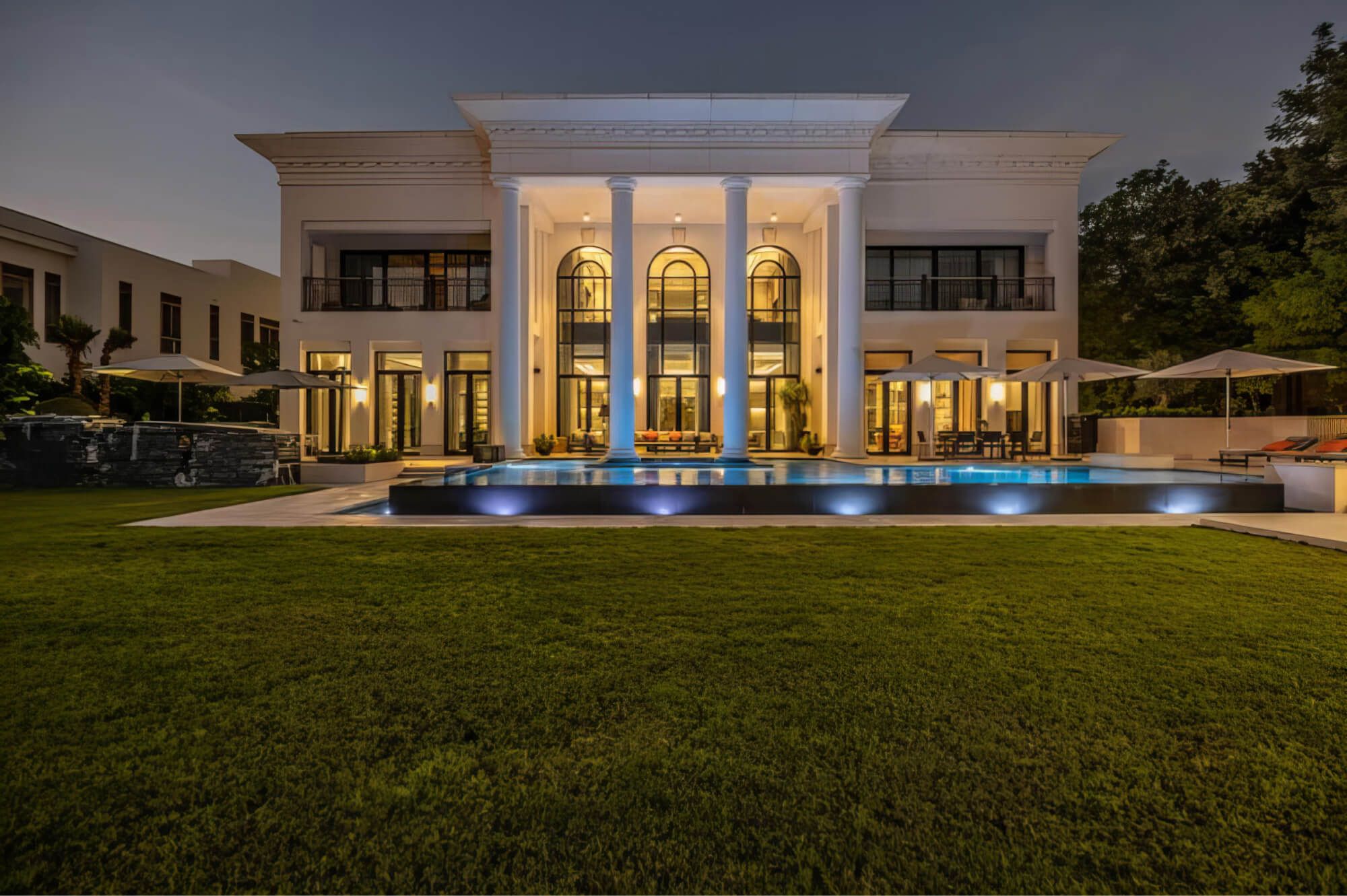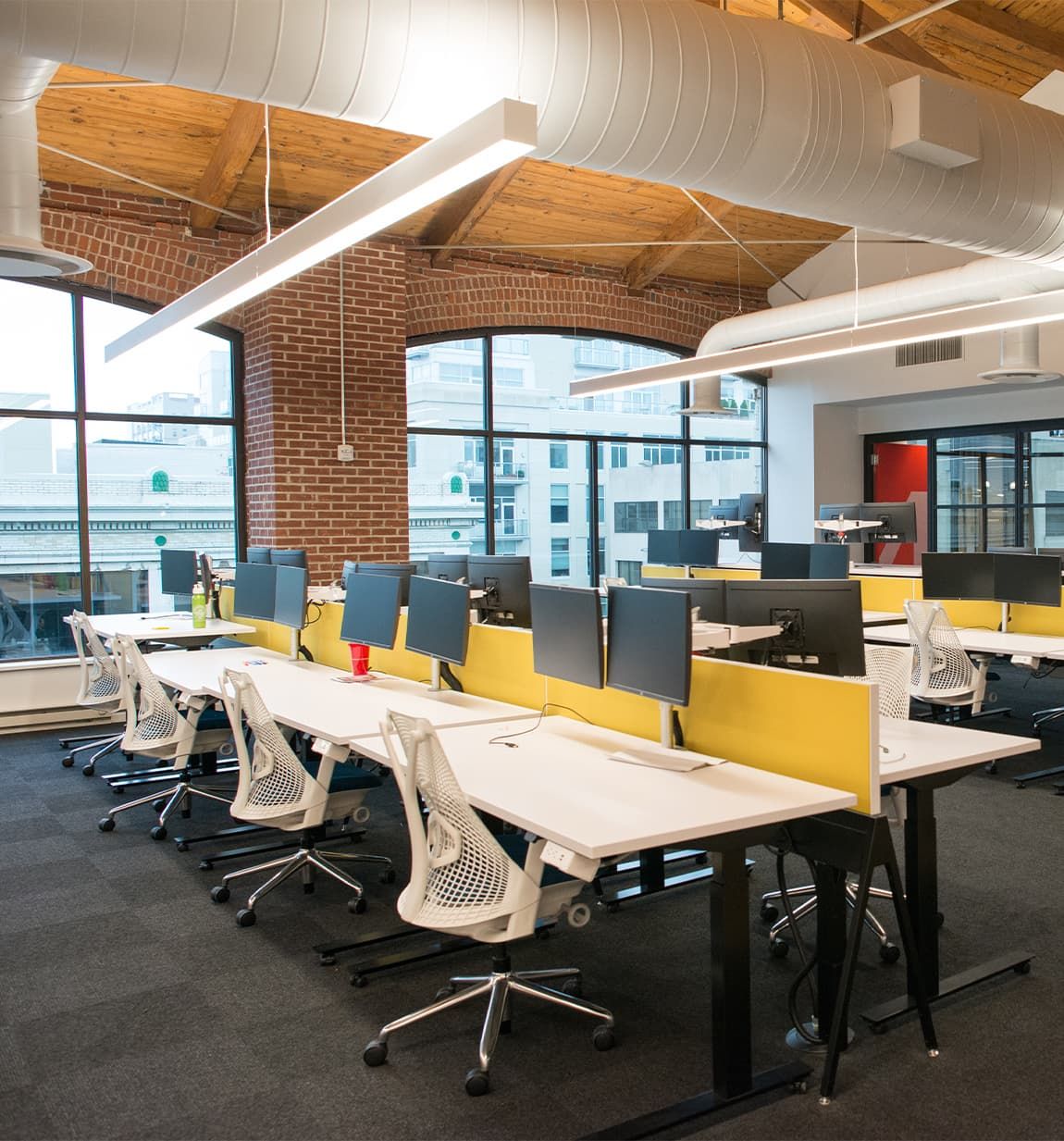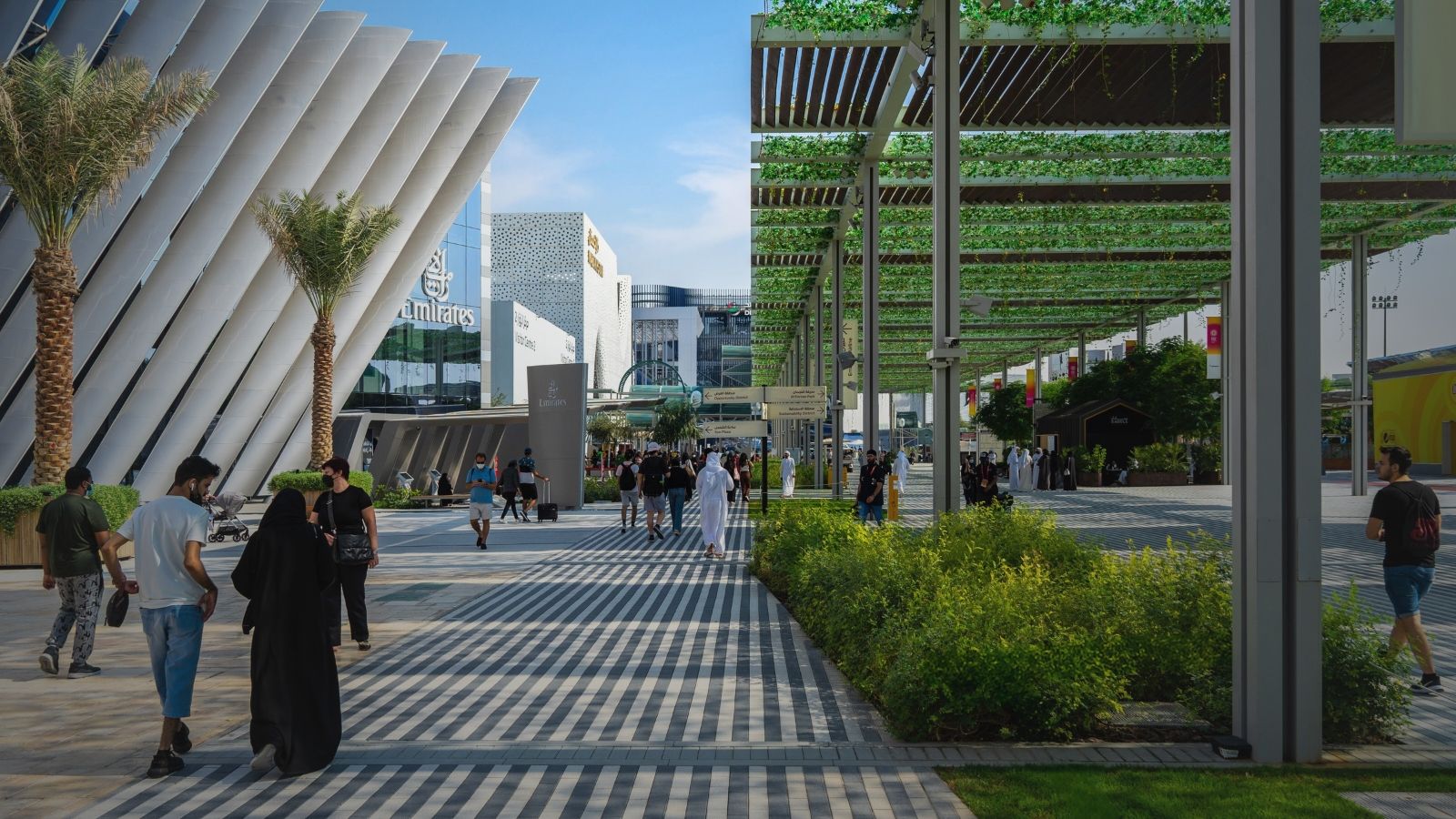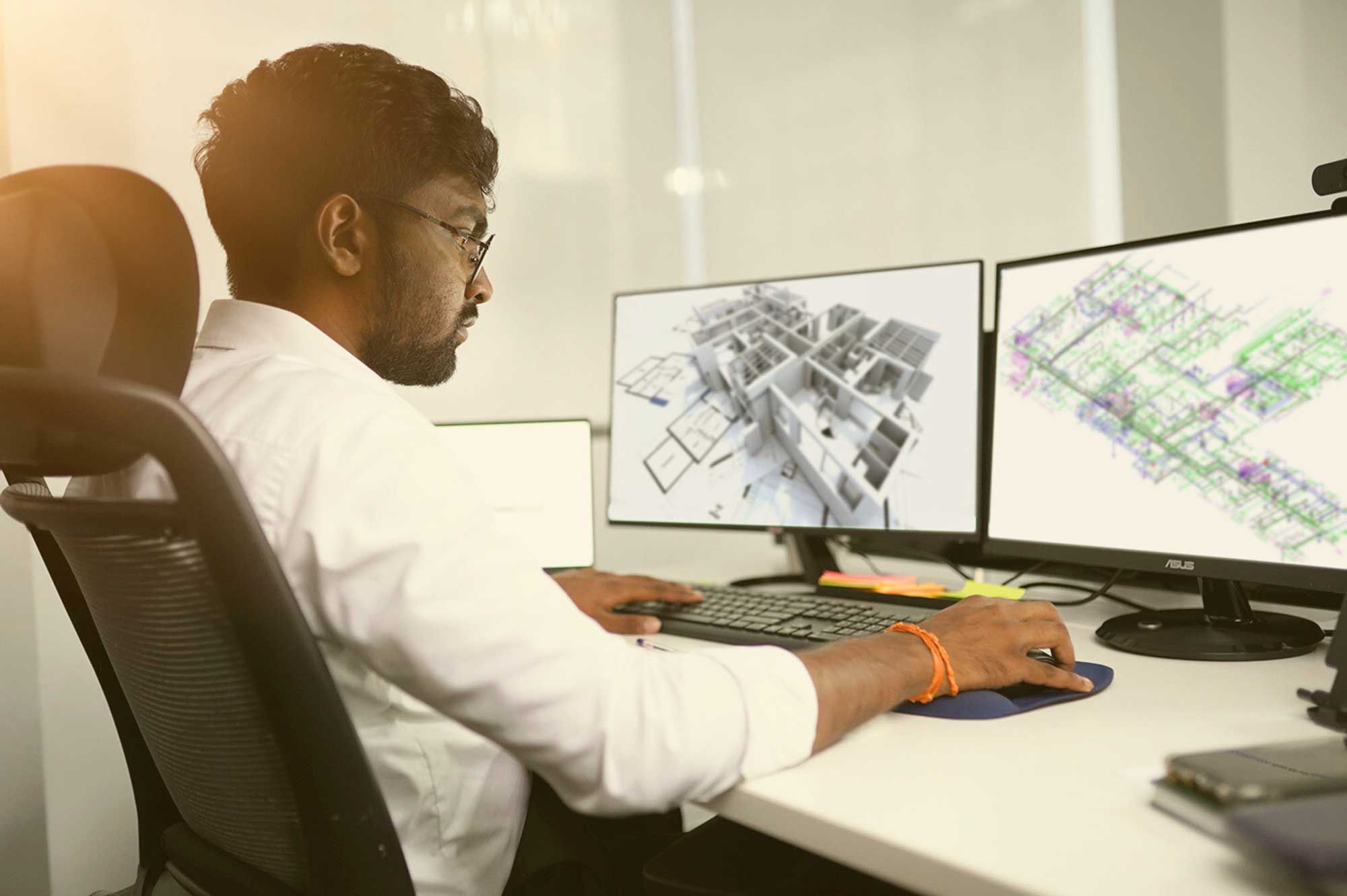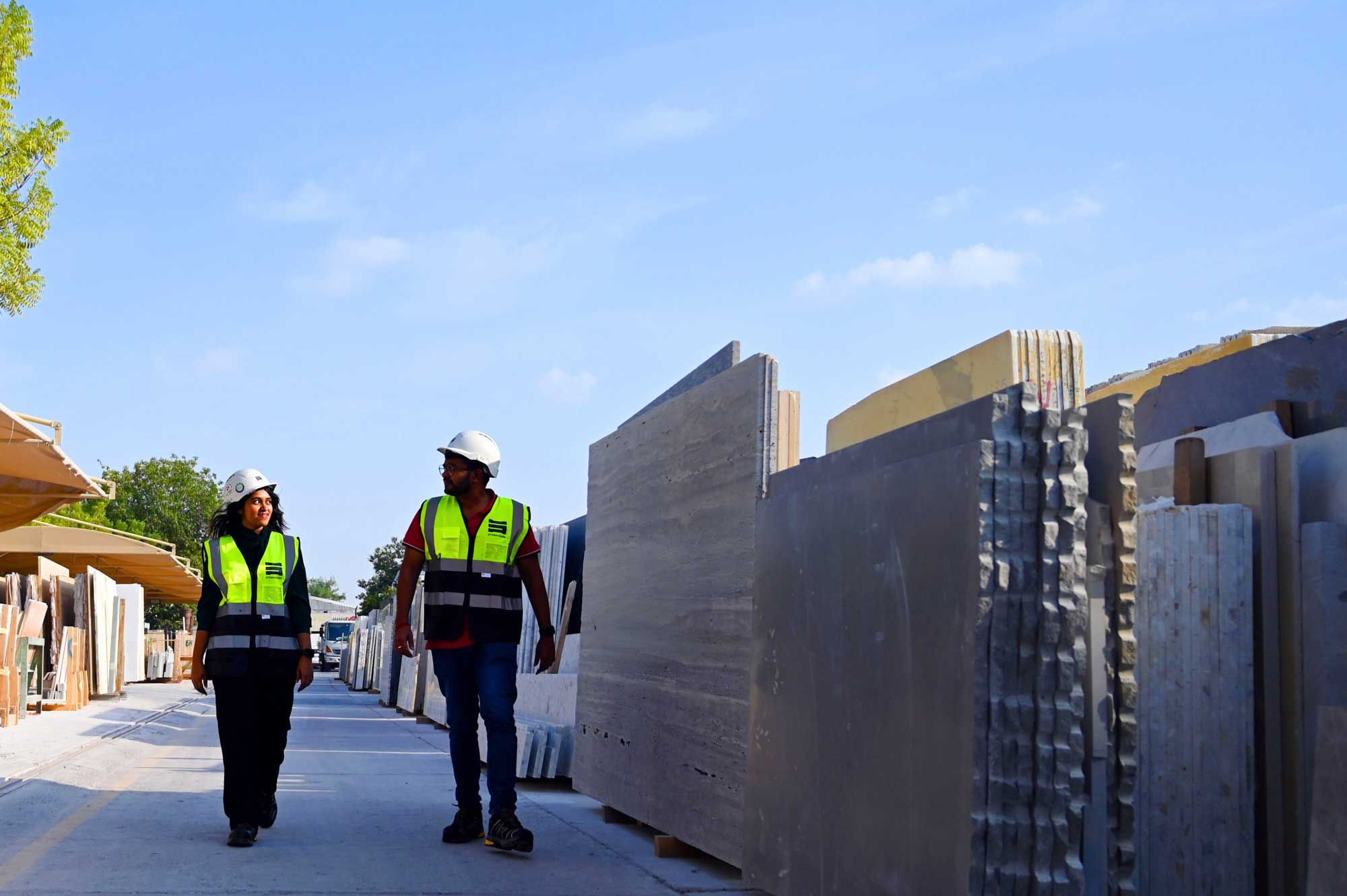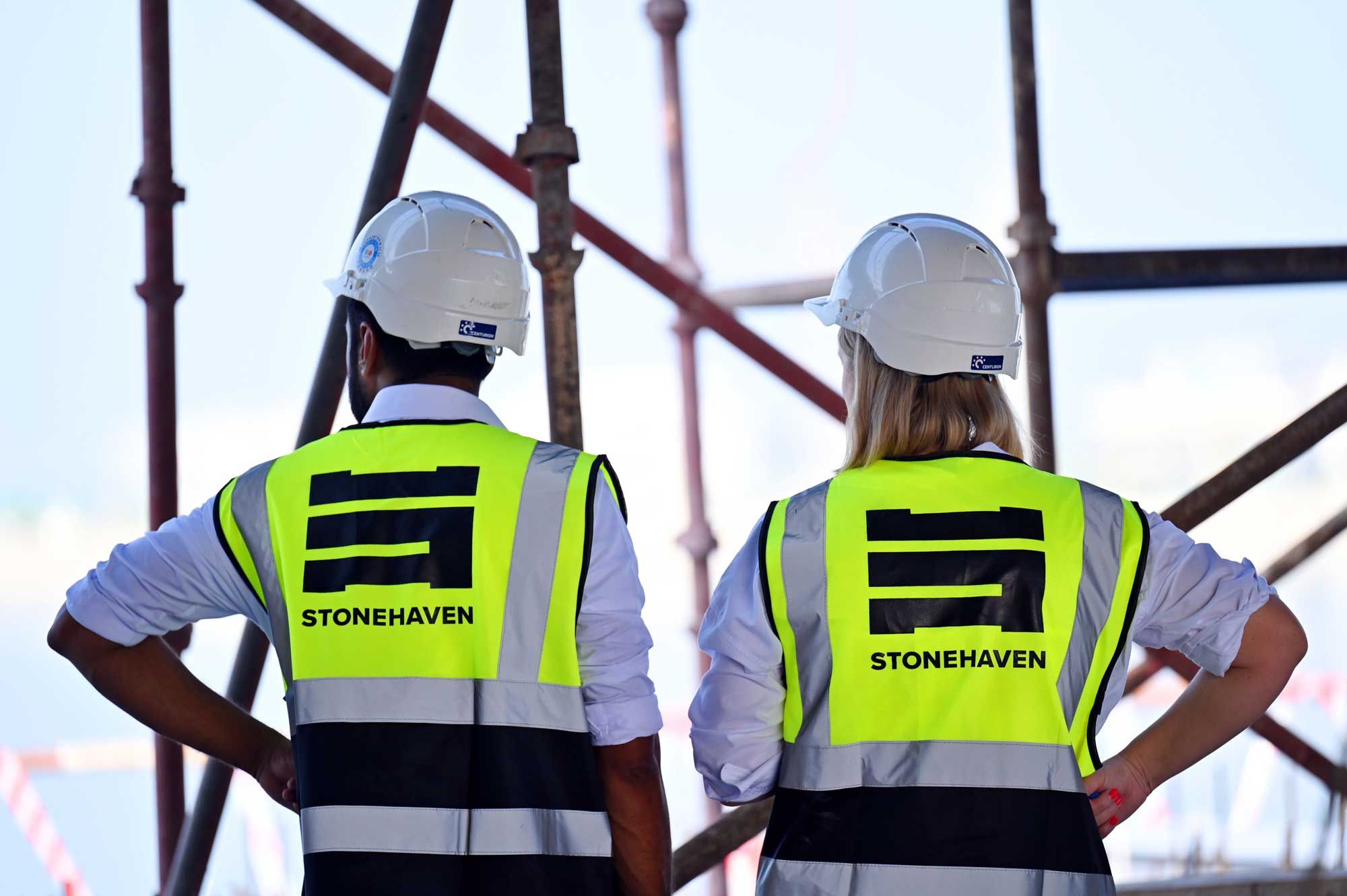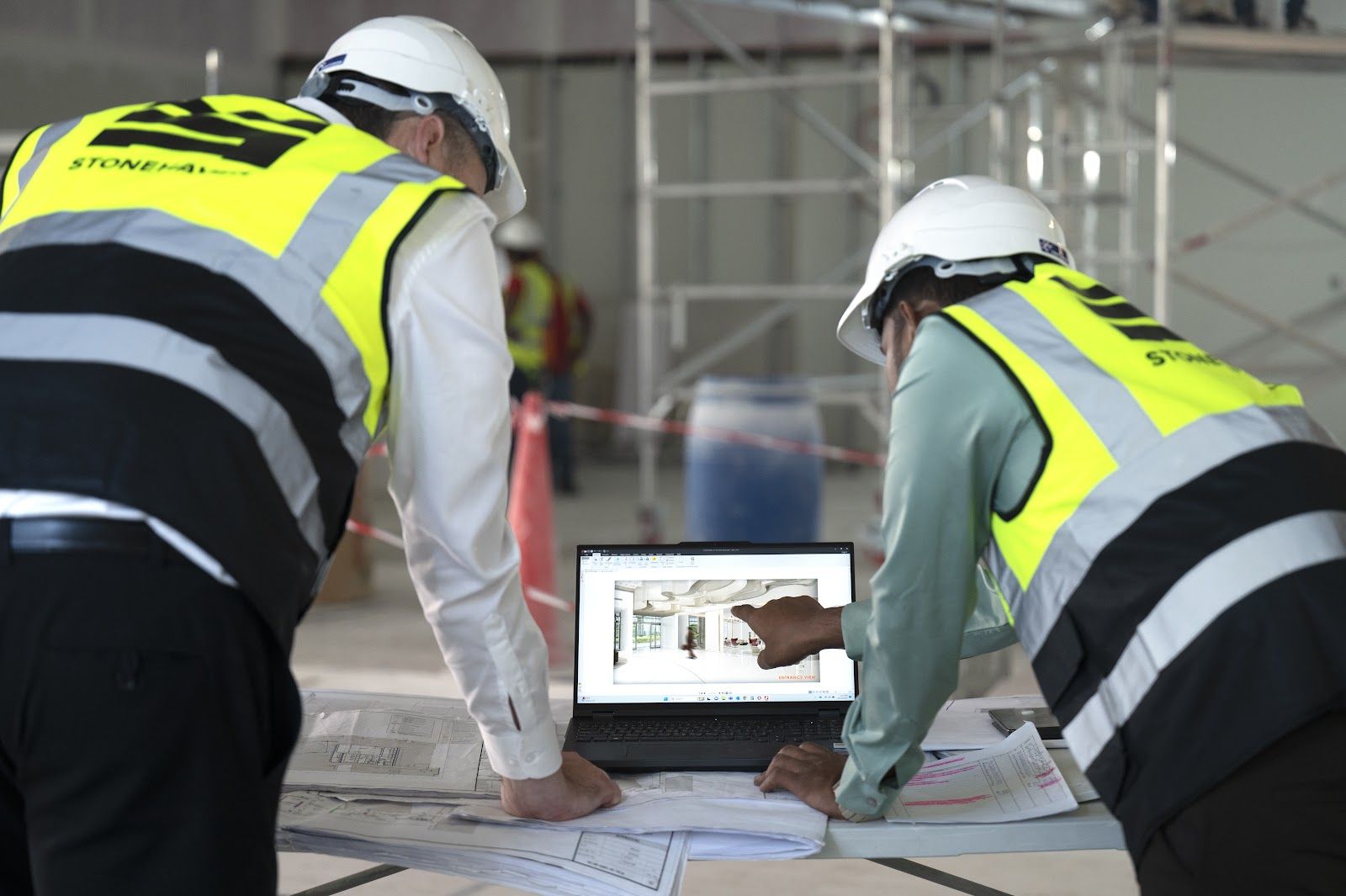You’ve seen the renders. The net-zero targets. Everyone’s talking about smart cities. Fewer people are actually building them. But in the UAE and across the Gulf, something different is happening.
Entire urban environments are being rethought from the texture of the pavement to the logic behind how waste is processed. This is all about intent.
We’re moving from concrete-first to consequence-first. From building what works to designing what’s needed — not just for today, but for a future that includes AI traffic, circular economies, and communities that don’t just consume but generate.
Here’s what’s changing, and why project managers, cost consultants, and developers need to be asking sharper questions.
Cities Built for Flexibility, Not Finality
Modern cities are no longer fixed. They’re dynamic, modular, and data-aware.
That doesn’t mean we’re straying into sci-fi. It means construction teams are being asked to think in phases, zones, and systems — not just plots and schedules.
✅ Roads are being built with future electric vehicle corridors in mind.
✅ Parks aren’t just green lungs; they’re climate-regulation tools.
✅ Buildings are expected to “talk” to each other, through sensors, to users.
This mindset shift is quietly transforming infrastructure briefs. What used to be value engineering is now impact engineering. Masterplans are expected to deliver not just ROI, but long-term resilience.
The endgame? Cities that perform on their own.
The Next Generation of Consultants Will Be Advisors First
This change doesn’t just affect architects and planners. It transforms the entire project ecosystem.
Suddenly, your cost consultant needs to understand decarbonisation pathways. Your project manager needs to know about AI-enhanced transport modelling. Your delivery team is expected to navigate everything from digital twins to biodiversity credits.
In short: expertise isn’t enough anymore. You need cross-functional intelligence.
And that’s where consultancies like Stonehaven step in — not just calculating and coordinating, but actively interpreting what a “future-proof city” actually demands in real-world construction terms.
This means mapping regulatory shifts. Designing for phasing. Planning for carbon. And pricing projects not just by material — but by impact.
The Role Just Got a Lot Bigger (and More Interesting)
If you’re a Quantity Surveyor reading this, here’s the part that matters most:
Your job isn’t just about measuring quantities and checking invoices anymore.
The scope has grown. The expectations have changed. And honestly? So it has the opportunity.
What used to be a tidy triangle of cost, time, and scope is now a five-sided combination that includes:
● Stakeholder education
● Regulatory foresight
● Infrastructure adaptability
● Sustainability reporting
● Digital integration
Here's How the Smartest Cost Managers are levelling up:
Reading beyond the BoQ
It’s no longer just about contracts and cost plans. It’s about understanding how carbon targets, zoning laws, and long-term masterplan KPIs shape the definition of value.
Owning the early game
Great QS teams now plug into feasibility and concept design stages — not just post-tender. That means influencing spec choices, construction methods, and phasing strategies before cost is locked in.
Acting as translators
In today’s projects, you’re speaking across multiple worlds: architects, engineers, sustainability consultants, digital modellers, and asset managers. The modern QS tracks these numbers and connects them.
Thinking like an operator
The question isn’t just “what does it cost to build?” but “what does it cost to run — and what does it deliver back?” The QS of the future is forecasting 30-year OPEX, not just managing variation orders.
Because let’s be honest — it’s not just about delivering cost plans anymore.
Why the GCC Is Quietly Leading the Global Conversation
One of the biggest myths is that the Gulf is following global trends. In reality? It’s often leading them.
From Saudi’s gigaprojects to Abu Dhabi’s Estidama and Dubai’s digital twin mandates, this region isn’t waiting for global consensus. It’s building its own model, faster, greener, and sharper.
What’s unique here is the combination of:
● Political will
● Capital availability
● Aggressive timelines
● Regulatory clarity
● And a young, highly adaptable workforce
This creates a space where construction innovation is funded. It’s expected. And increasingly, it’s measurable.
What Clients Are Starting to Ask for (That You Should Be Ready to Answer)
If you’ve been in the room lately with government clients, real estate developers, or masterplanners, you’ve probably noticed the shift. The questions are different now:
-
“Can we reduce embodied carbon by 30% within the cost plan?”
-
“How do we benchmark operational emissions against similar GCC projects?”
-
“What’s the ROI on integrating a digital twin versus traditional workflows?”
-
“Can this community be truly car-optional — or will it be walkable?”
These are no longer edge-case scenarios. They’re the new standard. And if your project team can’t answer them, another one will.
The Brief Has Changed — Have You?
In the past, delivering a project on time and on budget was the badge of success. Now? That’s just the baseline.
The real question is: Did it adapt? Did it anticipate? Did it improve what came before?
That’s where the future lies — and where Stonehaven plays. We’re navigating the complexity of modern urban development and shaping it — through insight, through integration, and through partnership.
Featured Perspective
This article includes contributions and insights from Thilini Samarakkody, Senior Quantity Surveyor at Stonehaven whose project experience in the industry has shaped much of this discussion.
Thilini Samarakkody is a highly experienced and detail-oriented Quantity Surveyor with 10 years of expertise across both pre-contract and post-contract stages of construction projects. She is skilled in cost planning, budgeting, tendering, procurement, contract administration, and financial reporting ensuring that projects are delivered on time and within budget. Thilini has extensive experience working on diverse, high-value projects in sectors including commercial, residential, and infrastructure.
About Stonehaven
As a leading cost and project consultancy in the Gulf, we specialise in future-ready delivery models that align with shifting regulatory, environmental, and digital demands.
From lifecycle cost planning to procurement strategy and impact-based value engineering, our team partners with governments, developers, and masterplanners to ask the right questions — and build the right answers.
Because in today’s Gulf, building smarter cities means thinking beyond cost. It means delivering intelligence-first construction.
